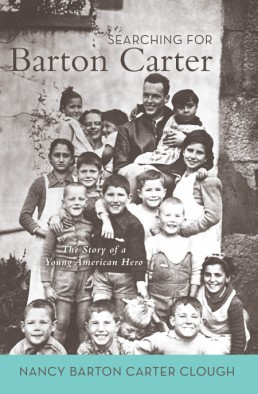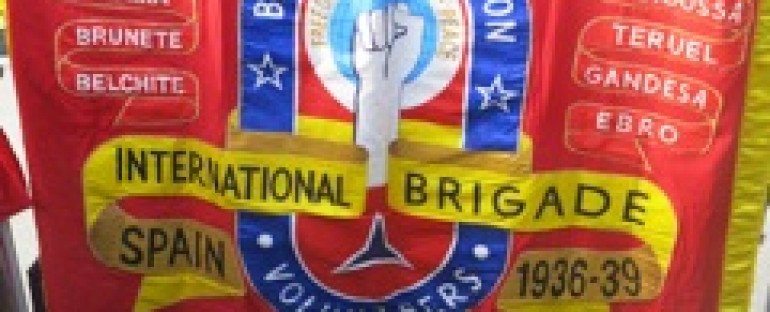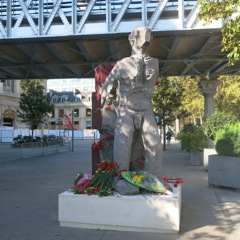
Searching for Barton Carter
The Story of a Young American Hero
Searching for Barton Carter is a narrative biography that explores the life of a young American who saw the horrific effects of Fascism on the children of Spain and responded with bravery and dedication to rescue them.







614 Responses to The Recent Paris Event Celebrating the Service of the International Brigadiers In Spain